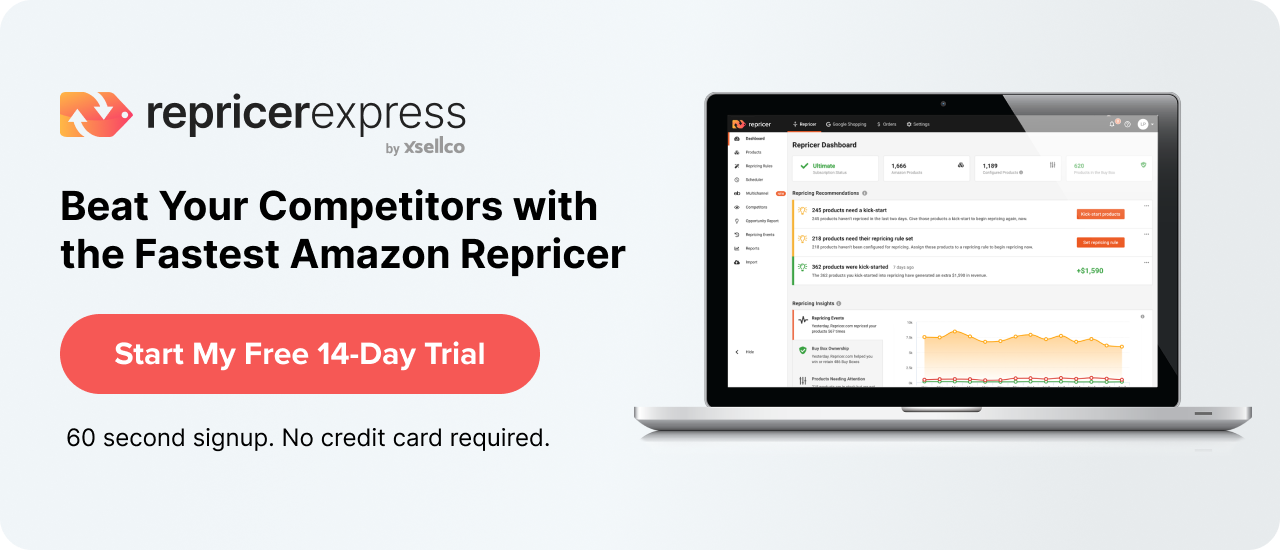Guest post by Jock from Digital Exits
When you make the decision to purchase a business, you could find yourself wrestling with certain aspects of the process. As a website broker, I specialise in helping people buy and sell ecommerce businesses and have helped countless entrepreneurs work through the process over the years I’ve been in business. The reasons entrepreneurs decide to buy are incredibly varied.
Some entrepreneurs want to buy an ecommerce business because they love building businesses, are passionate about a product they’re selling, or love serving the industry they’re in, while other entrepreneurs simply do it for the money. The main reasons those entrepreneurs decide to buy an ecommerce business is because they realise it’s a much faster path to seeing success than trying to build the business from scratch. Building the business is definitely the best route to take for most people, especially those that aren’t ready to invest in buying an established business.
To help you understand why people choose to buy over build, here are a few key reasons.
To start, an established ecommerce business has already proven itself to be profitable.
The original owner brought in the customers, negotiated deals with suppliers, and has built up the traffic to the store, so buying it means that you benefit from the risks that the previous owner took, without having to deal with those same risks yourself.
You can also scale your existing business, or enter into a new niche.
If you already own a successful ecommerce business in the same industry, you can acquire other successful ecommerce businesses to merge into your own, or to tap into a complementary niche, and use the new business to cross-sell and upsell your existing customers.
Finally, you’re going to start seeing handsome returns far sooner than you would by building from scratch.
Whenever you’re placing a value on an ecommerce business you are selling, you’re typically going to get between 2x to 3x the yearly net profits, which means that you can see an average return on your investment between 33% to 50% each year.
Buyers that already have experience with ecommerce businesses can purchase a business and then grow it 2x or 3x within the span of a year, which increases that return on investment even further, and makes the business worth significantly more than they paid for it.
There is one caveat, though: it takes money to make money.
When you decide to buy an ecommerce business, your upfront investment could be quite significant, depending on the size of the business you’re wanting to buy. Before you part with a large sum of money, you’re going to need to ensure you’re making a good investment.
So what, exactly, do you look for when you’re thinking about buying an ecommerce business?
Here are the top five things to look at whenever you’ve found an ecommerce business that you want to make an offer on.
1. The Store’s Traffic
Without traffic, an online business can’t survive. Whenever you’re thinking about buying an ecommerce business, the traffic is one of the first things you should be looking at.
You’re going to want to dig into the traffic trends and where that traffic is coming from.
Make sure that you are using a reputable service, like Google Analytics, to see how the traffic is coming into the website. Check for different trends in each source of traffic, and then look at them on a weekly, monthly, and yearly basis.
What are the trends doing? Is the traffic going down? Has it recently gone up? Are there any spikes that you’ll need an explanation for? Verify that the website hasn’t received any penalties in the major search engines, too.
Once you’ve gotten a feel for how the traffic is doing, you’ll want to start focusing on each individual traffic source. Evaluate the top traffic sources, which are usually search, social, and referral.
If the business is performing well in the search results, start digging in to figure out which keywords it’s ranking for, and how those keywords account for the total amount of traffic coming into the store.
It’s also critical for you to look at the number and quality of links coming into the store. You want to make sure there aren’t any spammy or “blackhat” links that have been built, and that the number of links coming into the store has increased gradually over time.
Any large spikes in the number of links should have explanations provided, and verified.
2. Suppliers & Deals
Understanding the relationships that the previous owner built with their suppliers is critical.
When you’re thinking about buying the business, you are going to be stepping into these supplier agreements, so you’re going to need to understand how they were established, what the terms of the deal are, and whether or not those suppliers can be replaced.
You also want to figure out how reliant on one particular supplier the previous owner was, how long those relationships have been in place, and whether or not you could potentially negotiate better deals.
If you are looking into acquiring a business that has a low concentration on a single supplier, long-standing, favorable relationships with the suppliers, and there are other suppliers you can utilize in the future, you’re looking at an ideal situation.
Transferring those existing relationships to you is going to be critical, too.
You aren’t going to want to find yourself in a situation where the business you’ve purchased doesn’t transfer the same deals they previously had over to you, or you’re forced to renegotiate contracts because you are the new owner.
Make sure that any terms and deals that have been negotiated in the past are going to carry over when you purchase the business.
3. Accounting
Any time you’re thinking about buying a business, you need to spend a large amount of time looking through the business’ accounting.
Verifying the revenues and other accounting figures the previous owner has told you is key to successfully acquiring a business and not uncovering problems down the road.
As an investor, it’s your job to request all of the various monthly reports, from finances to the shopping cart, and ensure that you’re receiving at least 12 months worth of data. Cross check this information with the information provided by the payment processor and bank statements to make sure there isn’t anything being hidden or undisclosed.
You will also need to dig into the expenses of the business.
Request every possible expense report you can think of, from inventory purchases, to their hosting and software subscriptions, any employee wages, advertising costs, and reports showing the fees that their payment processor charges.
Be extremely thorough in your research, and make sure you’re looking for any potentially hidden costs. You don’t want to purchase a business only to find out that they hid a $1,000 per month SEO contract from you in an effort to pad their numbers.
4. Customers
When you own an ecommerce business, keeping your customers engaged and taking great care of them is paramount to your sustained success.
Whenever you’re thinking about buying an ecommerce business, make sure that you’re digging through the customer list, figuring out how engaged they are with the business, and how well they are being taken care of.
You could look at everything from how many visitors come back to the store more than one time, how many repeat customers the store has, and how many positive reviews the store has generated.
You’re looking for signs of good customer engagement and happy customers.
When it comes to servicing those customers, spend time digging through the customer support logs and support ticket requests. Look at how many requests are submitted, how quickly they were responded to, and the feedback left by the customer after the ticket was fulfilled.
If there is a large number of chargebacks or refunds, you can figure that there are probably huge customer support issues that are going to need to be addressed, too.
5. Your Skills
Arguably, one of the most important things you should be looking into, if you’re thinking about buying a successful business, is how capable are you of maintaining the success, and even capitalizing on it into the future?
One of the most important business rules you can follow is: don’t buy a business that you don’t know how to manage.
While you’re examining the business, find out what systems and processes are in place, what parts of the business are well-documented, along with what the owner typically does in the business from week to week.
If you can personally manage the business, great. If not, can you outsource those parts of the process to someone that does know what they’re doing?
Does the current owner manage the customer service, stock inventory, write for the blog, manage the store’s social media, send out the email newsletter, and handle everything else?
If they do, how many hours per week are they devoting to the business? What skills are you going to need to pick up where they’ve left off? Can the current owner teach you these skills? If not, is there someplace you can learn them? How much will it cost you to outsource those tasks?
Ask about anything and everything that you see going on with the store.
How often does the owner update their blog? How many products are they adding to their inventory each month? How many are they removing? How many suppliers do they have, and how much stock do they currently have? How often do they replace their stock?
How responsive is their live chat? Do they have someone helping them with the customer support aspects? Are they managing their advertising, or is someone else?
These are all questions you’ll need the answers to, and be able to figure out whether you’re capable of stepping into that role once you buy the business.
In Conclusion…
At the end of the day, buying an established, successful ecommerce business can be incredibly profitable and enjoyable for you, and substantially easier than building the business from scratch by yourself.
You’re going to find out that purchasing an established business requires a large amount of trust.
If you are going through each of the areas that I’ve broken down for you here, and you start to see inconsistencies between what the previous owner is telling you and what your research is showing you, you’ll want to move forward with caution.
On the other hand, if everything is matching between what the owner says and what you see, and the seller is remaining transparent with you during the process, you could be setting yourself up for a very successful acquisition.
Both new, and veteran entrepreneurs should consider purchasing an established ecommerce business. You could capitalize on the previous owner’s success in ways that they were not able to do, by bringing your own unique set of skills to the table.
Building on the success that they’ve found and taking their business to the next level can give you a huge return on your investment, and provide you years of fun and adventure at the same time.






